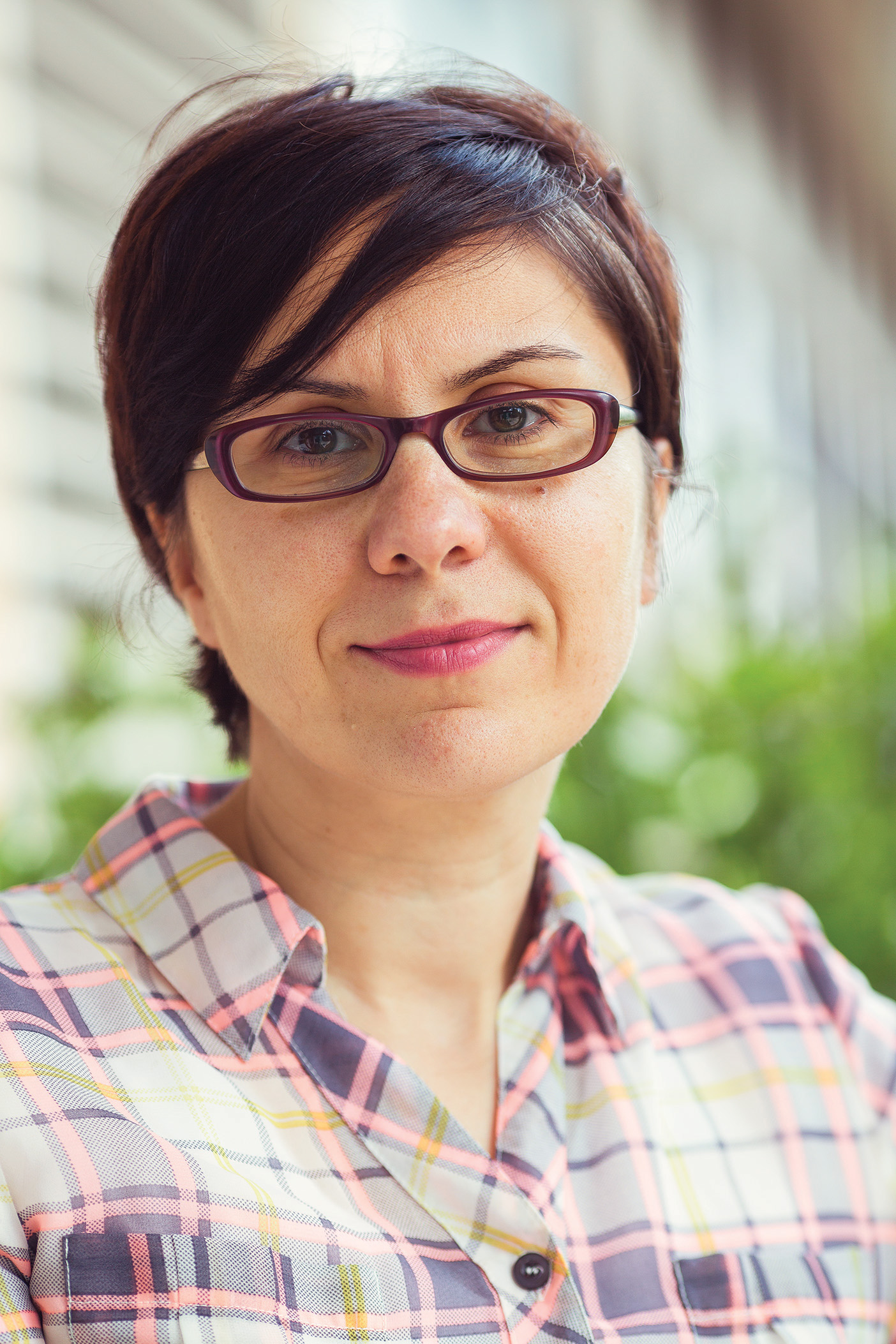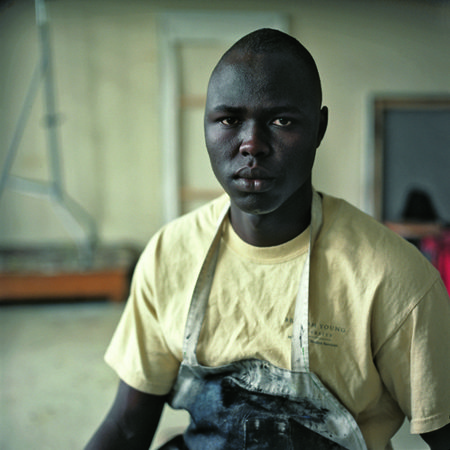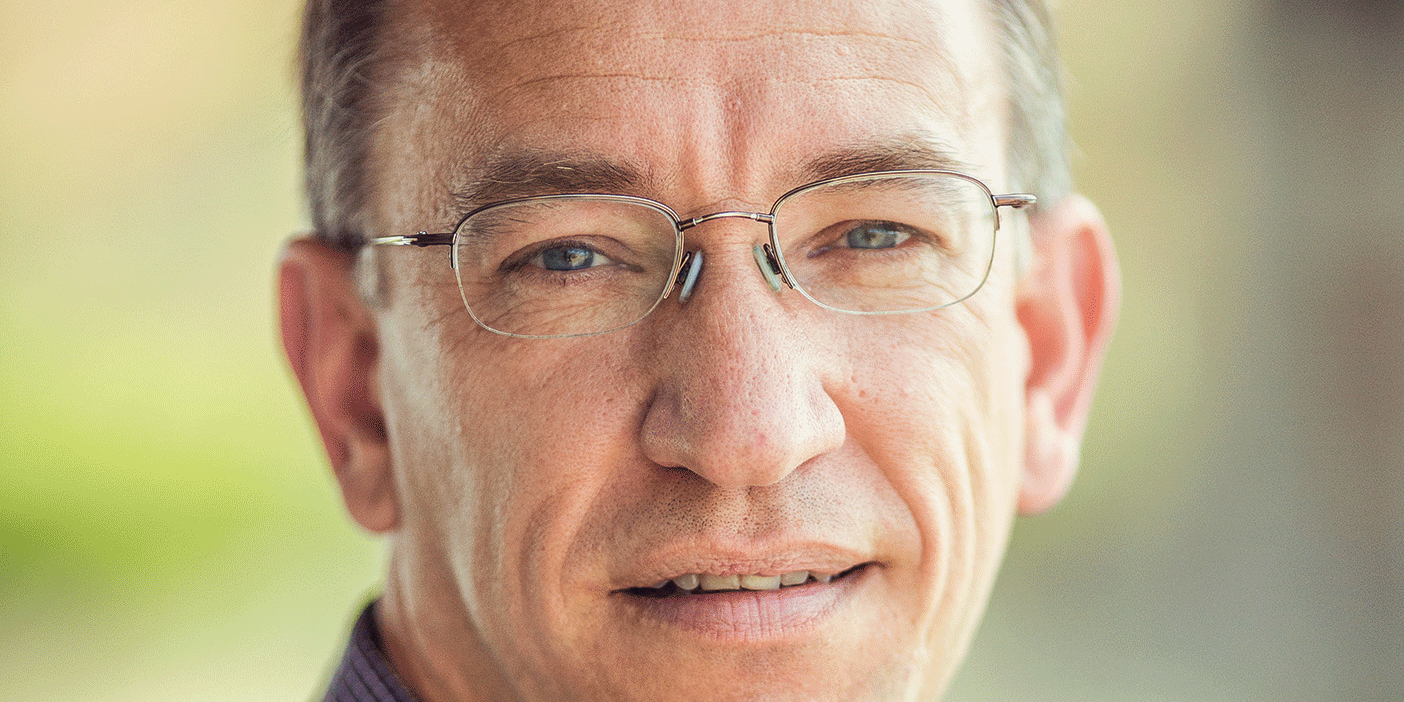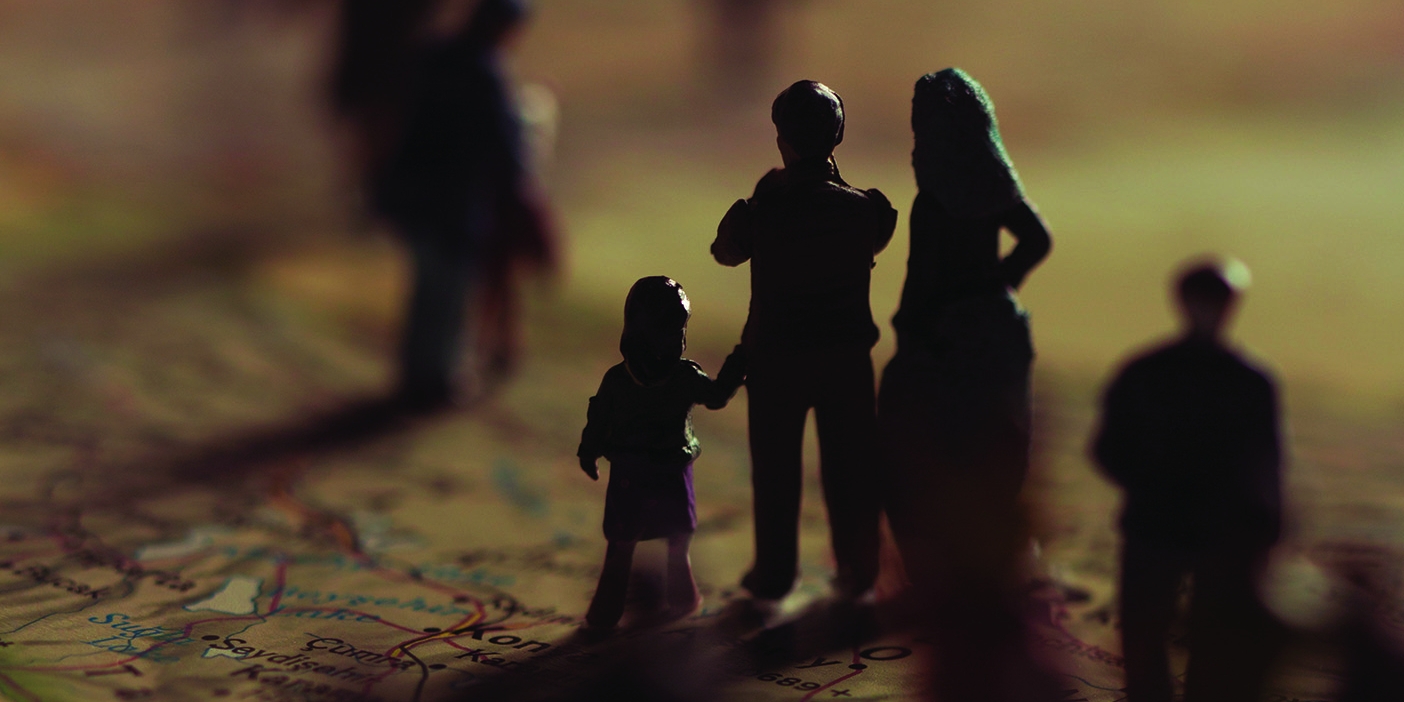For Elizabeta Jevtic-Somlai (BA ’03, MA ’04), it started when a Croatian friend’s father forbade Elizabeta—a Serbian—to play with his daughter. Epithets and air-raid drills became common fixtures of her childhood. “We could sit outside and watch the bombs go off in the distance,” recalls Jevtic-Somlai. As Yugoslavia broke into pieces, talk of war and of ethnic purity intensified. Her parents—outspoken dissidents—feared for their lives, and in 1992 the family fled. Nearly 25 years later, Jevtic-Somlai, a visiting professor of political science at BYU, tells of life as a refugee—the hardest moments and the help that mattered most.

Q: What finally made your family leave Yugoslavia?
A: An uncle involved in one of the Serbian parties claiming ethnic purity kept warning my parents, “You better be careful what you say,” and, “Be careful where your children walk.” The final stroke was when my brother and my dad were drafted to go into Bosnia with the Yugoslavian National Army. We had family all over Yugoslavia. We did not want my dad and brother standing on the opposite side from some relative, deciding who will shoot first.
Q: When did you leave?
A: My parents chose the period between the Orthodox and Catholic Christmases because it covered a whole month of festivities, and it was hard to trace people. We had two suitcases—clothes, some documentation, some pictures. We left everything else. A relative bought us train tickets for Vienna.
“The most important thing for refugees is reestablishing a sense of humanity.” —Elizabeta Jevtic-Somlai
Q: Were you afraid?
A: I was fearful on the train. My mom put on a good face, made it feel like, “Oh, we’re going on a fun vacation.” But she and Dad were awake the whole night, guarding us. It was chiseled on their faces, how serious the situation was.
Q: What were your first memories of Austria?
A: Gray. Everything was cold and gray. That train station was gray. The people were gray. They weren’t very nice, especially if you told them you were Serbian. When we went to the Red Cross to get assistance, we were shooed out; they “did not give help to Serbians.” Newspaper ads said, “Will not rent to Serbians.”
Q: Where did you live?
A: For a few days we stayed with relatives of my mother. Our idea was to try to continue on to a welcoming country. Unfortunately, my mom got very ill. We spent the little money we had at the hospital and, a week later, on her funeral. And after my mom passed away, the relatives asked us to leave. They said they didn’t have space for us. So we ended up on the street. Our world collapsed completely.
Q: So where did you go?
A: We slept in a car for weeks. Until we had to give up our car, my dad would just drive us around. It was horrible. It was winter; it was constantly snowing. We always joked about how the next day the newspaper would read, “Three corpses found in car that was trying to find parking in downtown Vienna.”
My aunt later took me and my brother in. At this point we had joined the Church; the leadership parked a trailer in the church lot for my dad to sleep in until we were able to find a job and an apartment.
Q: Where did you find employment?
A: It took my dad five and my brother 12 years to get work permits. Until then, we just did little jobs here and there. My dad, an accountant, spoke four languages. But for years he sold newspapers on a street corner for nickels. I heard him every night counting those nickels and pennies and dimes. It was humbling to see how much he sacrificed for our survival.
Q: What helped you stay resilient?
A: The gospel—having the perspective to not focus on today but to have a higher view. Being seen as a human and not as a little Gypsy Serbian refugee wearing her brother’s clothes. Being allowed to be resourceful rather than being pitied. I preferred having someone pay me to clean their place over receiving alms.
The most important thing for refugees is reestablishing a sense of humanity—that they are human beings contributing to society. Jobs, tasks, ways to get involved and integrated all help.
Q: What helped you overcome such huge challenges?
A: As a child refugee, learning the language and being able to continue my education were they key. My school in Vienna had a program to integrate the refugee kids, an extra year-long class all made up of refugees. When we graduated, we were one of the top five classes in the nation. We saw education as a way out of the hard life and prejudices, a way to show that our families’ refugee status did not define our intelligence, nor did it define us as human beings.
Q: What would you tell those wanting to help refugees?
A: Look at refugees as human beings, not as a service project. If you want to extend yourself, be a real friend and be there. Do small, consistent acts rather than a one-time “project.”
Really assess, “What can I do?” and “What am I willing to do?” Not everyone can take in refugees, and that is not necessary. If the only thing you can do is donate, do that through reputable institutions, including the Church and established NGOs.
If you can do more, a practical way to help is to create opportunities for self-reliance. See what skills the people have and utilize those so they feel they are contributors.
We can also help these people feel like they’re part of society. Help them learn the language, understand the customs of the area, and integrate into society. Get to know them. Ask them what they did before. And allow them their differences and diversity.
Another way is to learn about their lives before the escape, about their wishes for the future. Always listen first. Allow them their cultural and religious diversity.
Finally, you can educate yourself about immigration laws and places to turn for help. This will help you appreciate the challenges refugees face integrating into your society. And it will help you feel genuine empathy, which will open hearts and allow for the meaningful exchange of ideas and for growth to take place—in their lives and in yours.












